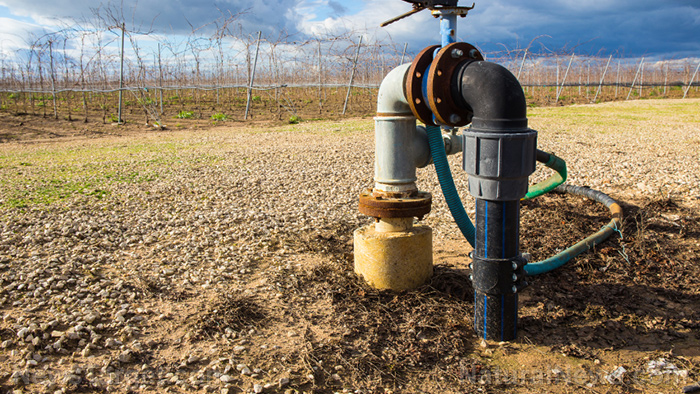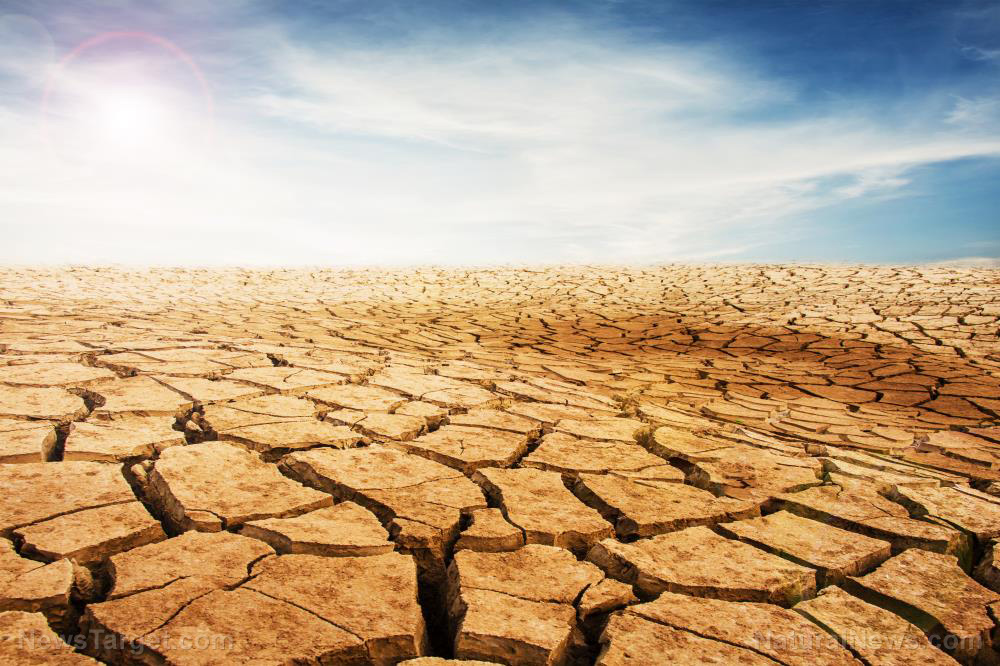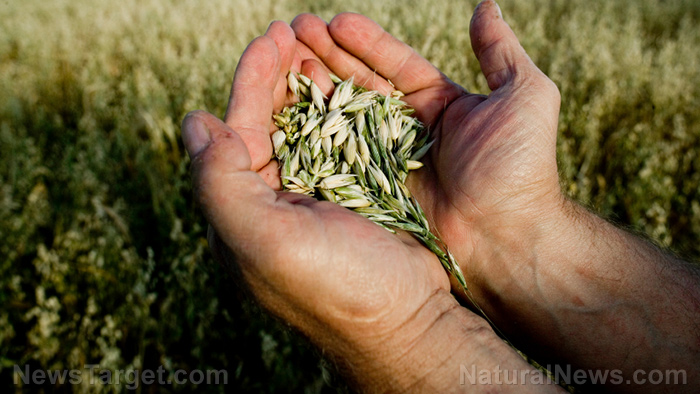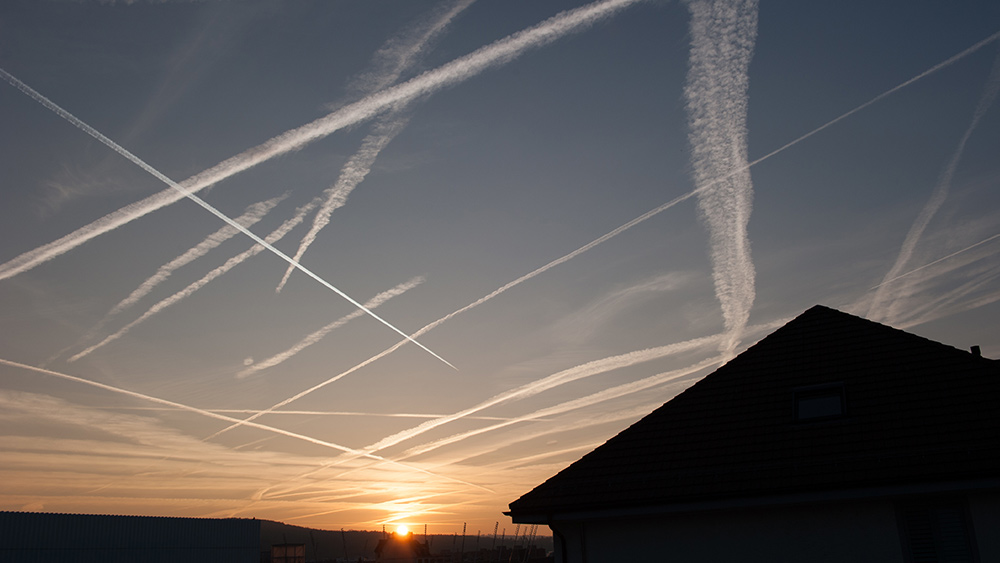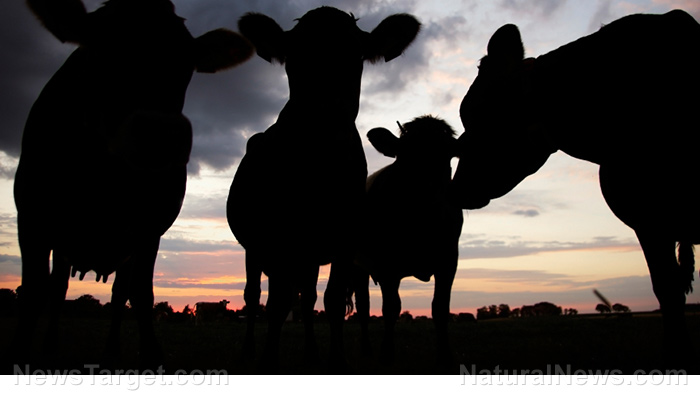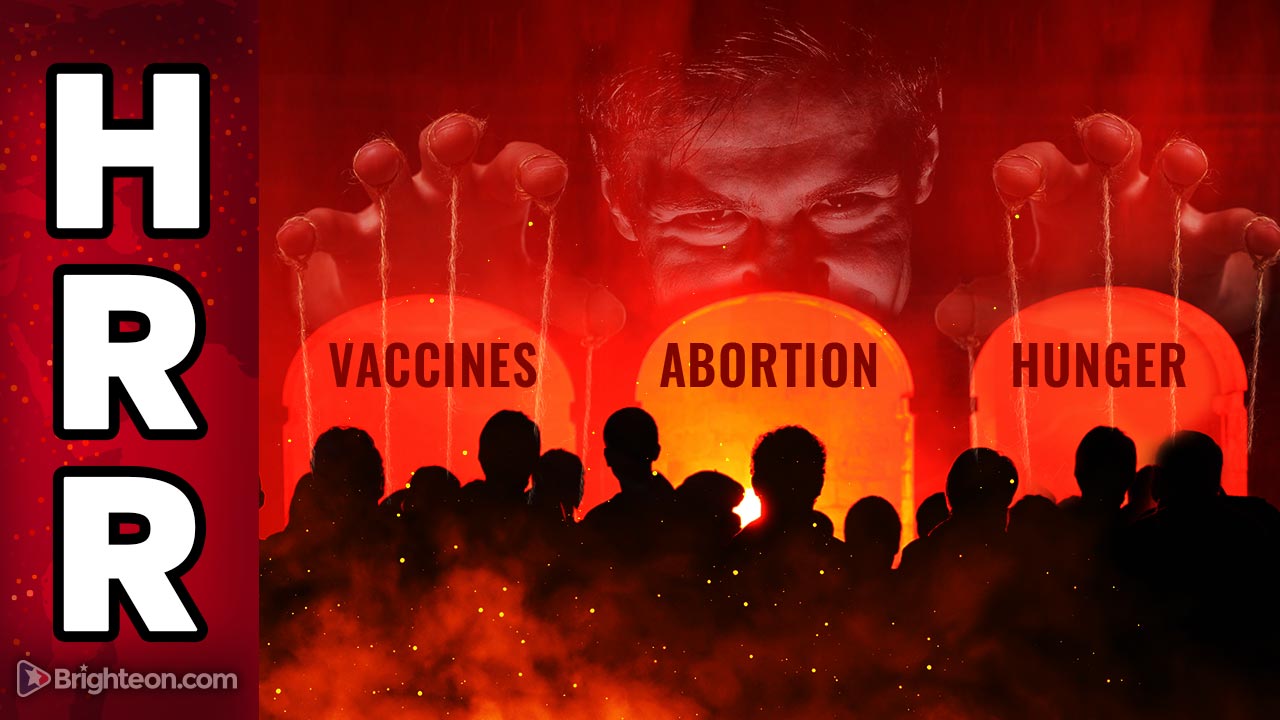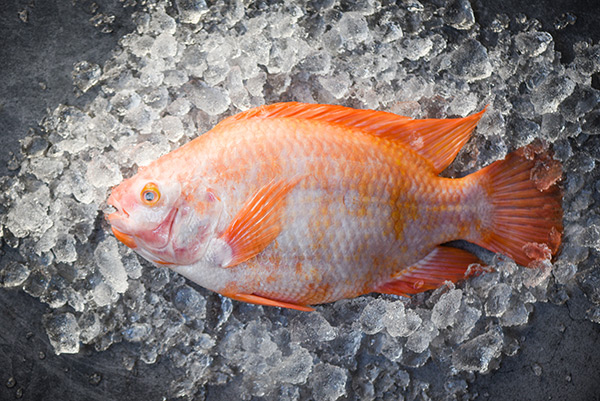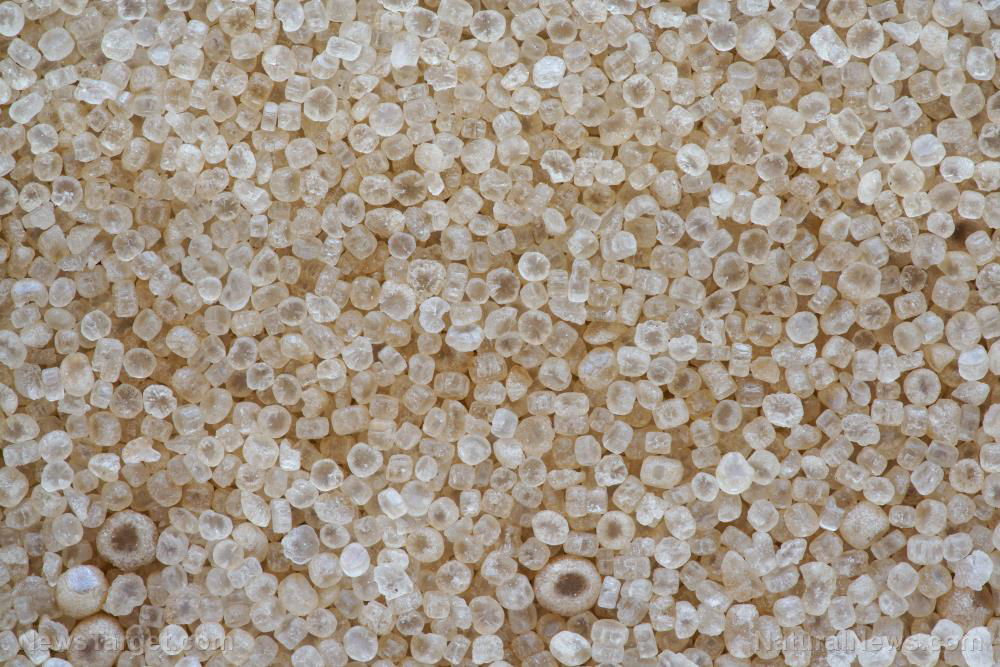500-year drought expected to destroy Europe’s corn yields, risk of global famine now looking worse than ever
08/24/2022 / By Ethan Huff

Not enough water is making its way to food crops in Europe, according to reports. And the next thing on the agenda as a result is widespread crop failures.
Corn crops all across Europe are reportedly struggling big time as lack of rain across the continent has left them parched. The Monitoring Agricultural Resources group says corn yields could plunge by nearly 20 percent unless the situation changes – and soon.
The centuries-old “hunger stones,” which normally rest well below the water line on the Elbe River that runs from the mountains of Czechia through Germany to the North Sea, are now completely visible. They read:
“Wenn du mich siehst, dann weine.”
In English, this reads as, “If you see me, then weep.”
The 1616 stones were carved into as a warning message that, when visible, the situation is not good. And it appears that message is correct as corn yields in the region will at least be 16 percent below the five-year average. (Related: Drought conditions in the United States are said to be driving many farmers here to destroy their crops and sell off their animals.)
As of August, half of Europe is under a drought warning
The July forecast had previously shown an 8 percent decline, which means conditions have worsened to the point that double the amount of corn crops failed in July than originally estimated.
The consequence of this will be even more food inflation in the coming weeks and months, as well as shortages of feed for livestock herds. Farmers are also now having to pay way more for diesel for their tractors and fertilizer for their crops – a perfect storm for a food supply collapse.
“Water and heat stress periods coincided with the sensitive flowering stage and grain filling,” the crop monitoring report explains. “This resulted in irreversibly lost yield potential.”
See for yourself in the following photos how corn crops look in France:
This is #Europe’s future: corn that dried out before it could grow to be harvested as far as the eyes can see. #drought #climatechange #summer #france #charentemaritime pic.twitter.com/cRlDccLwcd
— Heike Franke ?? (@hitchhyker) August 19, 2022
Corn is just one of the crops facing devastation by drought conditions, which now afflict at least half of the entire continent of Europe. Reports explain that not only crops but also power plants, industry and fish populations are suffering under oppressive heat and lack of rainfall.
According to the European Commission, Europe currently faces the worst drought conditions in at least 500 years – a dust bowl of epic proportions, except this time it is occurring across the pond.
As we move into autumn, the situation is expected to worsen unless rains come. Not only will crops die, but it could end up that there is not enough water left in reservoirs for use by households and businesses.
Coupled with skyrocketing inflation, a broken supply chain and the ongoing war in Ukraine, we have the makings of a global economic collapse and a third and final world war, the likes of which will be truly unprecedented.
“Funny how these droughts know to happen right in the middle of huge geo-political crises,” noted one skeptical commenter about how the worst things always seem to happen, we are told, at just the right time to deflect, distract and ultimately shift blame away from the globalists for the nightmare they created and inflicted upon us all.
“This is why they gave up internal combustion engines and affordable energy in 1616!” joked someone else about how long before “fossil fuels” existed, there were droughts of this magnitude that occurred, according to the hunger stones.
The latest news about the collapse of the global food supply can be found at Collapse.news.
Sources for this article include:
Submit a correction >>
Tagged Under:
chaos, climate, collapse, corn, crops, disaster, drought, environment, Europe, famine, food collapse, food scarcity, food shortages, food supply, harvest, hunger, mass starvation, panic, starvation, supply chain, world agriculture
This article may contain statements that reflect the opinion of the author
RECENT NEWS & ARTICLES
WorldAgriculture.News is a fact-based public education website published by WorldAgriculture News Features, LLC.
All content copyright © 2022 by WorldAgriculture News Features, LLC.
Contact Us with Tips or Corrections
All trademarks, registered trademarks and servicemarks mentioned on this site are the property of their respective owners.

